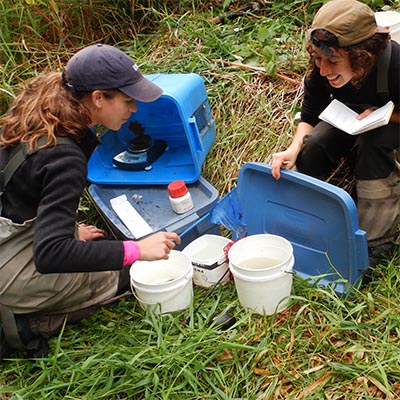
Tags: Applied Freshwater Ecology Research Unit, British Columbia, fish, fish stocks, fisheries management, freshwater, Jordan Rosenfeld, recreational fisheries
The Applied Freshwater Ecology Research Unit’s (AFERU) job is to find ways to conserve freshwater species, test effectiveness of current conservation strategies, and understand how freshwater fish are responding to changes in their habitats.
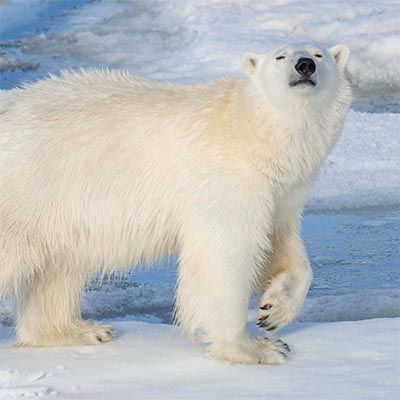
Tags: animal movement, bio-logging, biology, conservation, funding, Marie Auger-Methe, marine mammals, Modelling, narwhals, physiology, polar bears, SERG, sharks, statistical ecology
Narwhals, sharks, and polar bears can help medical professionals improve care for patients with mental health struggles - and patients with conditions such as depression and bipolar disorder can offer insights that will help the conservation of many wild animals.
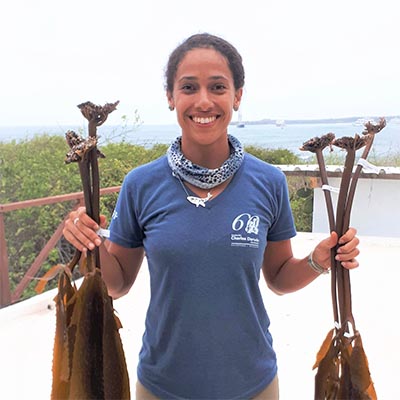
PhD student, Salome Buglass, is crowdfunding to support her research on an extensive mesophotic kelp forest found in the Galapagos.
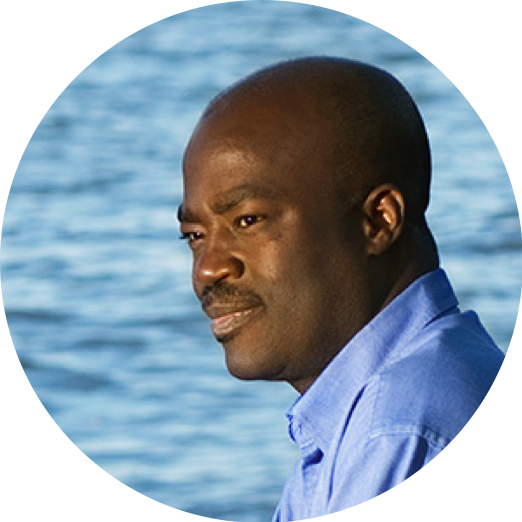
Prof. Sumaila is one of the world’s most innovative researchers on the future of the oceans. He is also Project Director of the SSHRC sponsored OceanCanada Partnership (OCP), and it is for his work with this unit that he won the SSHRC Impact Partnership Award.
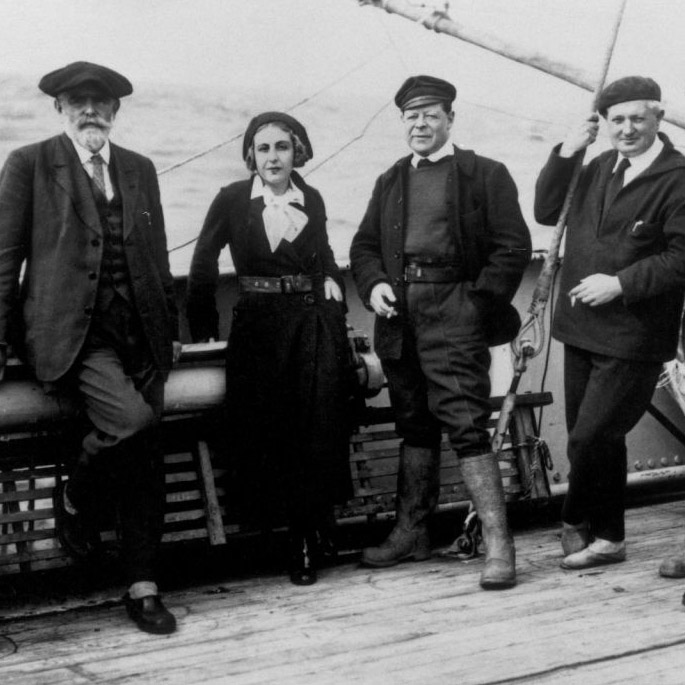
Video of this webinar is now available. Watch by clicking here.
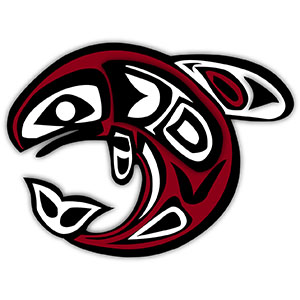
Tags: Aboriginal fisheries, Andrea Reid, Brian Hunt, Centre for Indigenous Fisheries, food webs, freshwater, High Seas, Indigenous fisheries, IOF alumni, IOF students, salmon, William Cheung
Video for this seminar is now available! Click to watch
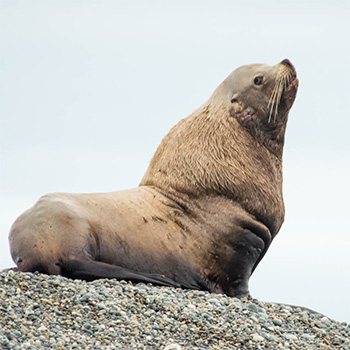
New research is shedding light on the hearts of healthy marine mammals, and how they compare to human hearts
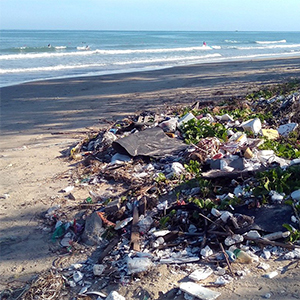
Drs. Juan Jose Alava and Rashid Sumaila are urging consumers to make the connection between what they buy on Black Friday and what eventually ends up harming our ecosystems—and our health.
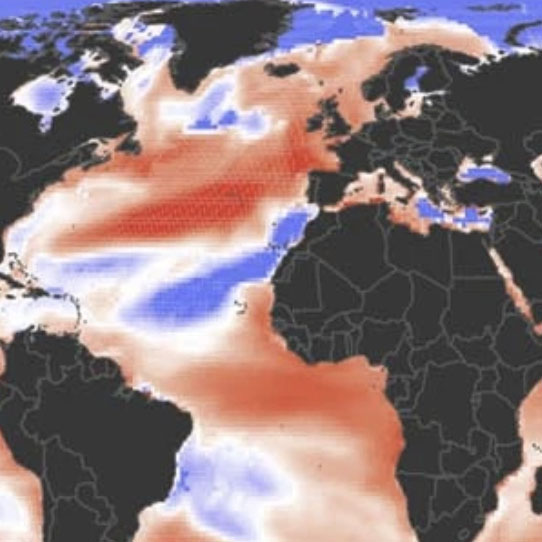
Tags: Ecopath with Ecosim (EWE), faculty, IOF postdoctoral fellows, IPBES, IPCC, Juliano Palacios-Abrantes, Modelling, Research, Villy Christensen, William Cheung
The project used nine different computer models, created by different teams around the world, to illustrate with greater clarity and range how ocean life will be impacted by Earth’s warming climate.
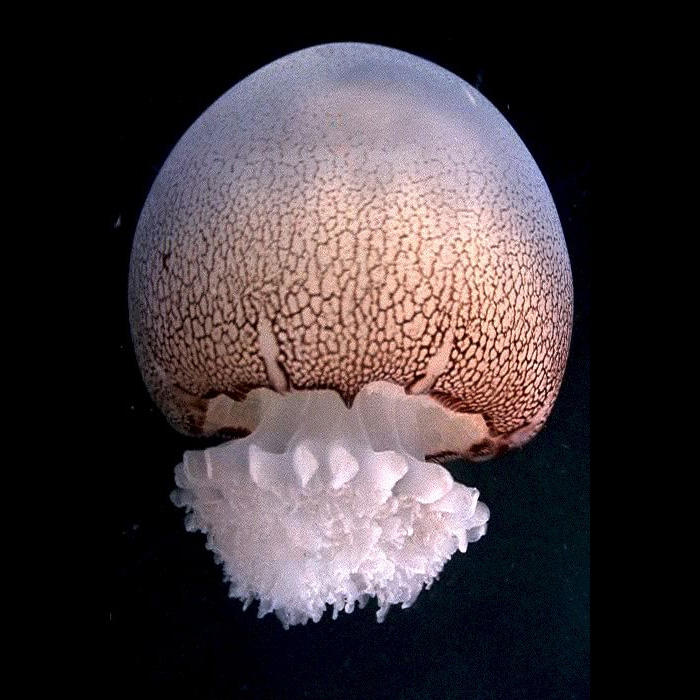
Over the last 20 years, interest in cannonball jellyfish in the Gulf of California, Mexico exploded when Chinese investors saw that the area was a hot spot for the species.